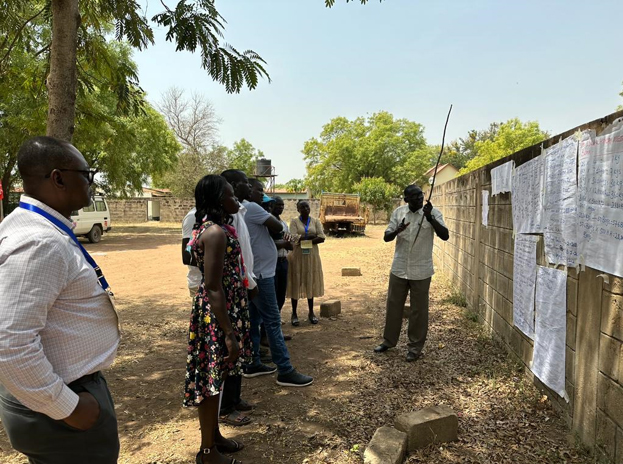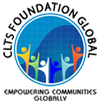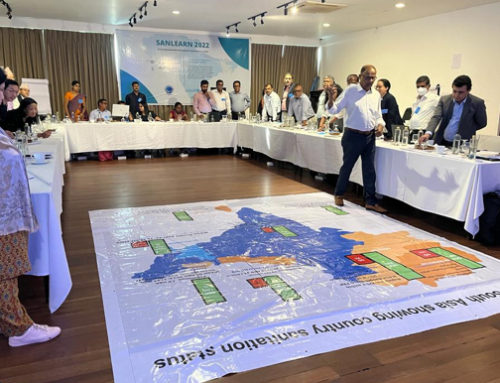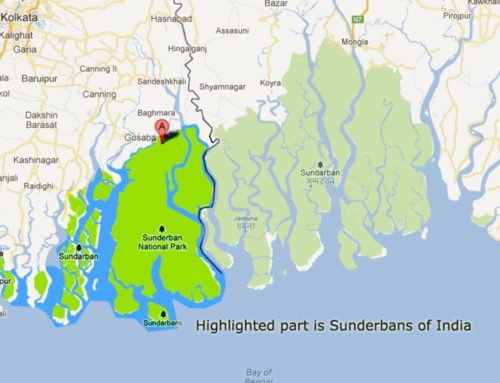In South Sudan, unsafe and inadequate access to sustainable water, sanitation, and hygiene services negatively affects public health and related development indicators. Only 41 percent of the population of the country has access to safe drinking water, 11 percent has access to basic sanitation, and 63 percent practices open defecation (UNICEF/World Health Organization 2019 Joint Monitoring Program Report).
According to the latest WHO data, published in 2020 diarrhoeal disease deaths in South Sudan reached 7,270 or 8.67% of total deaths. The age- adjusted death rate is 89.87 per 100,000 of population ranks South Sudan 9th in the world.
Communicable diseases remain a major public health problem and are the leading cause of death. Malaria, diarrhoea, and pneumonia constitute about 77% of the total OPD diagnoses for children under five. Other causes of morbidity and mortality include maternal deaths; severe acute malnutrition; TB/HIV where TB prevalence is at 146 per 100,000 and HIV/AIDS prevalence is estimated at 2.6%, hence classified as a generalized epidemic.
All of these could be curable provided there is a political will supported by budgetary contributions to public health at the national level.
Achieving ODF targets by 2030 will require a quintuple (fivefold) of current rates of progress. If South Sudan progresses in the current way, it will become an ODF country by 2065.
To scale up CLTS in South Sudan, a training of trainer’s was conducted in Torit, from 11th – 17th February 2023. The training brought together 77 participants from Government, INGOs, NGOs and other WASH stakeholders. A team from CLTS Foundation Global led by Dr Kamal Kar was invited by Mentor Initiative to implement the training workshop in Torit. The workshop was implemented by CLTS Foundation Global with support from MENTOR Initiative and UNICEF South Sudan. After the five days training workshop in Torit, a one-day national-level institutional triggering event was held in capital city of Juba on 20th February.
Some of the recommendations which emerged after the training and institutional triggering event were mainly focused towards enhancing community participation, ownership, and institutionalisation of CLTS with appropriate policy adjustments resulting in high quality and effective CLTS implementation at an accelerated speed.















Leave A Comment